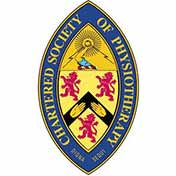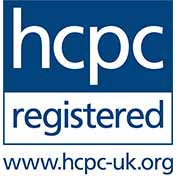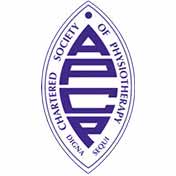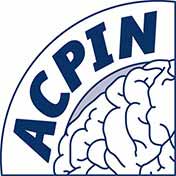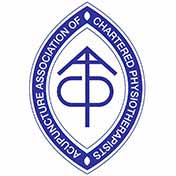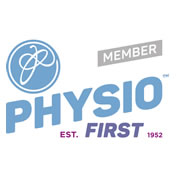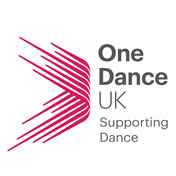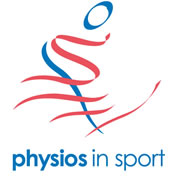Specialist Paediatric Physiotherapist
We need experienced Physiotherapists specialising in paediatric rehabilitation who are confident to treat all manner of children's conditions (MSK and neuro-developmental). Experience with hydrotherapy and FES would be desirable. Part to full-time hours available on a self-employed basis. Must be able to work independently and unsupervised. Car driver essential.
Progress and Outcome Measures
Progress and Outcome Measures
Setting goals and regularly evaluating them are essential components of physiotherapy rehabilitation. By continuously measuring any changes and improvements in a child’s level of pain, their movement, strength and flexibility, functional ability and behaviour, a clear pathway of progress can be charted and this can help to choose the correct method of physiotherapy treatment and focus more specifically on achieving appropriate goals in the most appropriate timeframe.
Biomechanics, Posture and Gait Re-education
Biomechanics, Posture and Gait Re-education
Good posture and a normal gait pattern are dependent upon a number of factors working together correctly and at the right time. We tend not to think about this on a day-to-day basis, as standing and sitting upright, walking and running are considered to be automatic activities, part of normal function, and something we do from an early age. We depend upon our body’s ability to co-ordinate muscles and joints, and use relevant information from our surroundings in order to produce the correct movements and control upon which such activities rely.
Hydrotherapy
Hydrotherapy
Hydrotherapy is therapeutic exercise and rehabilitation in water. An aquatic environment can be both calming and fun, whilst providing a supportive medium in which to move joints and muscles and build exercise tolerance and stamina.
Exercise Rehabilitation
Exercise Rehabilitation
In order to achieve certain therapeutic outcomes as part of the rehabilitation process, a programme of exercises is commonly necessary. Exercises can range from performing specific stretches, joint and limb movements, and balance and co-ordination activities, to muscle strengthening and conditioning, gait (walking) re-education, and specific functional activities. Exercise rehabilitation is commonly an important component of neurodevelopmental therapy and sensory integration.
Hands-on Therapy
Hands-on Therapy
‘Hands-on therapy’ describes the way in which a physiotherapist may use manual treatment skills in order to achieve a therapeutic outcome. There are many hands-on therapy techniques and approaches, some used to produce a specific outcome, and others to facilitate other forms of treatment and rehabilitation.
Dance Injuries and Screening
Dance Injuries and Screening
We are proud to have a dedicated Dance Physiotherapist as part of the Yorkshire Children’s Physiotherapy team, who has specialised in the screening, diagnosis and physiotherapy management of young dancers for over 20 years. As a classically-trained dancer herself of over 40 years, Sarah Joice has worked with dancers of all ages and genres, from the young budding ballerina, to Dance Scholars and those studying dance full-time, to professional dancers including clients from Phoenix Dance Company, Northern Ballet Theatre and Northern School of Contemporary Dance.
Sensory Processing Disorder
Sensory Processing Disorder
Sensory Processing Disorder (previously known as sensory integration dysfunction), describes difficulties in managing information that comes into the brain via the senses. This includes not only smell, sight, touch, taste and sound, but also information that is gathered and processed by the ‘vestibular system’ and the ‘proprioceptive system’, which are responsible for telling our brain about the position in which our limbs are, in relation to the rest of our body and the environment around us.
Autistic Spectrum Disorders
Autistic Spectrum Disorders
Autistic spectrum disorders are a group of disorders that affect an individual’s behaviour, communication and their social skills. The most common of these are Autism and Asperger’s Syndrome, both of which are characterised by poor social skills, impaired communication and behavioural challenges. Diagnosis of such a disorder can be made at different stages, depending upon the severity of the presentation and the characteristics that are displayed by each individual.




